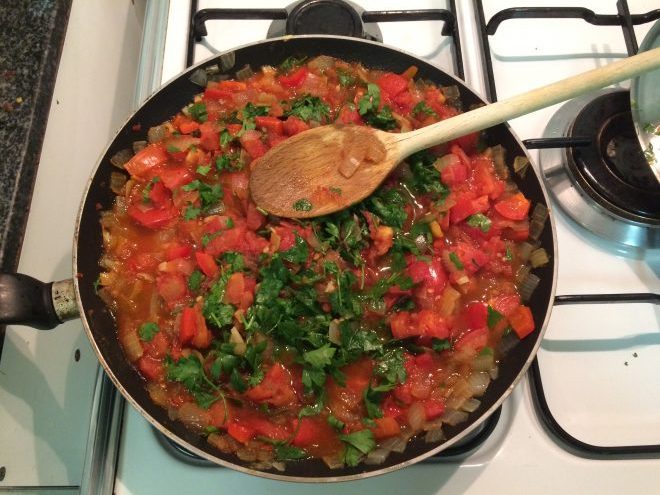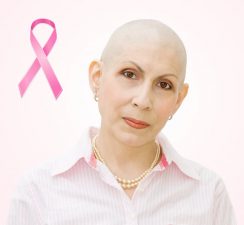Over the past three decades, rates of colon and rectal cancers—collectively known as colorectal cancer—have steadily risen among people under the age of 50. It’s particularly striking to researchers because rates have been declining among older people during the same time period.
Young people tend to be diagnosed at later stages of the disease, making it harder to cure.
“In past years, we’ve thought of colorectal cancer as a disease of aging,” said Joel Mason, a gastroenterologist and Senior Scientist at the Jean Mayer USDA Human Nutrition Research Center on Aging (HNRCA) at Tufts. “If you look at the absolute incidence rates, it’s still higher amongst older people, but the rate is going up steadily in young people, whereas it’s going down in older people. It’s a disturbing trend.”
Mason said that the rates are rising too quickly to be attributed to genetic changes. “It seems most likely to be an environmental factor or combination of factors,” he said, “but we can really only speculate at this point.”
Working in stressful environments like online businesses where work never stops can be one of the problems. Social media and stress about where one fits in could be another.
Read related: Fast Food causing colon cancer in Cairo
The obesity epidemic may be partly to blame, because having excess body fat is associated with a higher risk of being diagnosed with colorectal cancer. Mason said declining rates among older people may be due to effective screening and an increased awareness of protective lifestyle factors like a healthy diet and regular exercise.
For those looking to reduce their risk of colorectal cancer, Mason said studies have consistently found that a healthy diet and exercising at least three times a week are associated with lower rates, while being overweight and smoking are associated with higher rates.
“Among all the common cancers,” Mason said, “colorectal cancer is one where the risk is most sensitive to dietary factors.” Over the past few decades, multiple studies have shown that colorectal cancer risk can be reduced with a diet that contains plenty of fruits, vegetables, and fiber, and much less (if any) processed meat, red meat, and alcohol. Processed meat includes bacon, sausage, ham, hot dogs, and luncheon meat.

A Turkish salad high in lycopenes
Some common symptoms of colorectal cancer are rectal bleeding, iron-deficiency anemia, and a distinct change in bowel habits. All of these symptoms also can be caused by other less dire conditions, such as hemorrhoids, menstrual bleeding, and food sensitivities. In light of rising rates of colorectal cancer in young people, Mason said providers and patients shouldn’t be too quick to attribute rectal bleeding to hemorrhoids or iron-deficiency anemia to menstrual bleeding.
“I hate to raise the anxiety level of younger people,” he said, “but the trends are very disturbing and in balance maybe it is worth making our younger population a little more vigilant about symptoms that need to be paid attention to.”
Some tips to start changing lifestyle habits? We have all the reasons here to start getting acquainted with the Mediterranean Diet, low in meat and high in fresh vegetables, fruit and fish.






